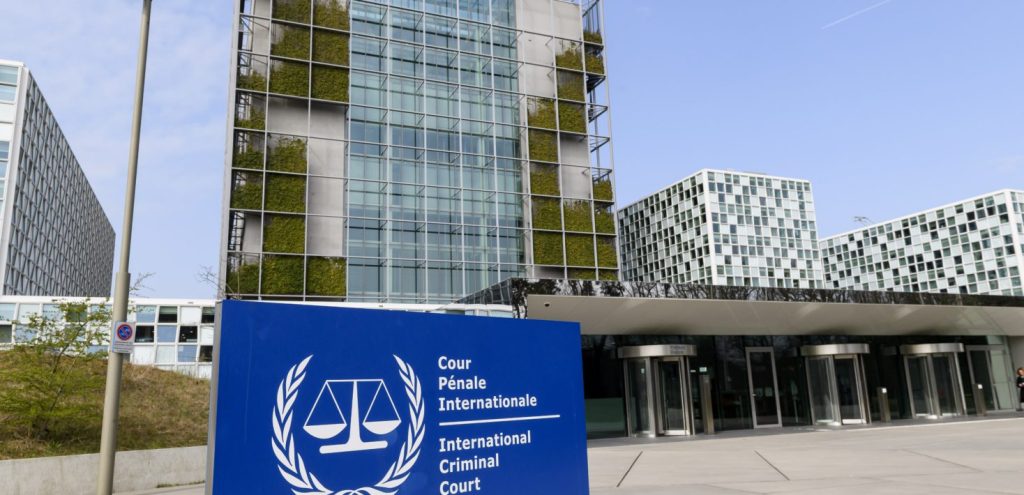Prosecutors at the International Criminal Court (ICC) have filed three counts of crimes against humanity against former Philippine president Rodrigo Duterte, alleging his involvement in at least 76 murders during his controversial “war on drugs”.
A heavily redacted charge sheet, dated 4 July but released publicly on Monday, outlines the accusations against the 80-year-old former leader, who is currently in ICC detention in The Hague.
The first count concerns Duterte’s alleged role as a co-perpetrator in 19 murders committed between 2013 and 2016, during his tenure as mayor of Davao City. The second relates to 14 killings of so-called “high value targets” in 2016 and 2017, when Duterte was serving as president. The third charge involves 43 murders said to have taken place during “clearance” operations targeting lower-level alleged drug users and dealers across the Philippines between 2016 and 2018.
According to ICC prosecutors, the actual scale of victimisation during the charged period was “significantly greater” than the specific incidents listed, reflecting what they described as the “widespread nature of the attack”. They allege that thousands of killings occurred consistently throughout the period in question.
The charges stem from Duterte’s years-long anti-drug campaign, which rights groups have long claimed resulted in thousands of deaths, many of them extrajudicial.
An arrest warrant issued on 7 March initially contained a single charge of crimes against humanity relating to 43 alleged murders. The expanded charges were announced on the eve of what was scheduled to be Duterte’s first appearance at the ICC to hear the accusations against him. That hearing was postponed as the court considers whether he is fit to stand trial.
Duterte’s lawyer, Nicholas Kaufman, has argued that his client is unable to participate in proceedings “as a result of cognitive impairment in multiple domains”. Kaufman has called on the ICC to postpone the case indefinitely.
The former president was arrested in Manila on 11 March and flown to the Netherlands that same night. He has since been held at the ICC’s detention unit in Scheveningen prison.
At his initial hearing, which he attended via video link, Duterte appeared frail and disoriented, speaking only briefly.
The ICC investigation into Duterte’s anti-drug campaign has been ongoing for several years, with human rights organisations pressing for accountability over alleged extrajudicial killings. Duterte has previously rejected the court’s jurisdiction, insisting that Philippine authorities should handle any inquiries into his conduct.
The case marks a rare instance of a former head of state facing charges at the ICC for actions taken while in office. If the court determines that Duterte is fit to stand trial, proceedings could set a significant precedent for international accountability in cases involving alleged state-sanctioned violence.
The ICC has not yet indicated when a decision on Duterte’s fitness to face trial will be made. In the meantime, he remains in detention as the prosecution prepares to present its evidence in full.



